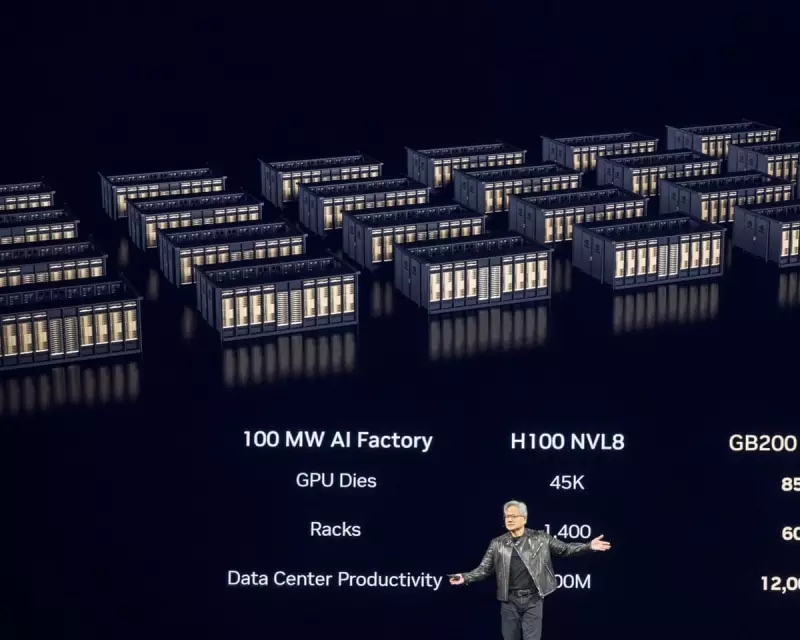
In a move that has sent shockwaves through the global technology sector, two of the world's most formidable chipmakers, Nvidia and Intel, have announced an unprecedented strategic partnership. This landmark collaboration is set to redefine the artificial intelligence landscape and challenge the existing market dynamics.
The core of the agreement will see Nvidia's industry-leading AI software platform, its compute stack, seamlessly integrated with Intel's forthcoming cutting-edge processors. This includes Intel's highly anticipated Xeon 6 server CPUs and its flagship AI accelerator, the Gaudi 3.
A Strategic Countermove
This alliance is widely perceived as a direct strategic counter to the growing influence of other tech behemoths, particularly Intel's traditional rival, AMD, and the custom silicon developments from major cloud providers like Amazon, Google, and Microsoft. By combining forces, Nvidia and Intel are creating a powerful alternative for data centres and enterprises seeking high-performance AI solutions.
Mutual Benefits in a Competitive Market
For Intel, this deal represents a monumental win. Integrating the Nvidia stack provides a significant performance boost and a crucial selling point for its Gaudi 3 accelerators, potentially accelerating its adoption in a market where Nvidia's GPUs have reigned supreme.
Nvidia, in turn, strategically expands the hardware ecosystem capable of running its software, reinforcing the dominance of its AI platform and software suite. It ensures its tools remain the industry standard, regardless of the underlying hardware.
While the companies will remain fierce competitors in other areas, this targeted collaboration on software-hardware compatibility signals a new era of pragmatic partnership in the high-stakes world of advanced computing, ultimately providing customers with more choice and powerful new solutions.





